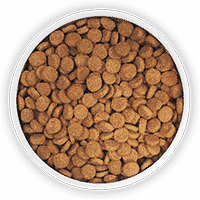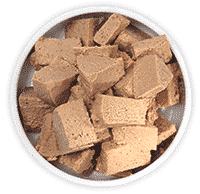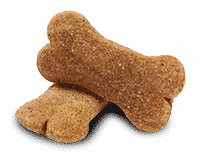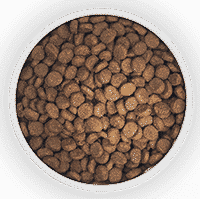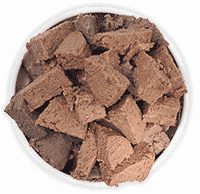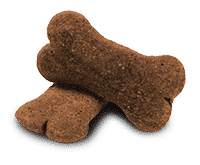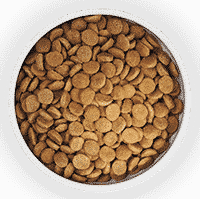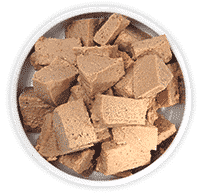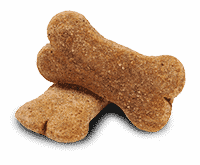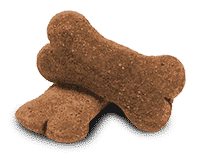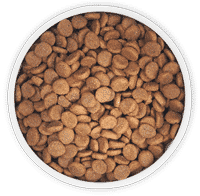We know how bad our food intolerances can be and the side effects they can cause. It’s no different with our dogs. They can develop food intolerances, have serious reactions and health issues to them if not taken care of. The first step to helping our dogs is understanding where these issues can come from and what our options are.
We all want the best life for our pets and that means they need the best nutrition. Keep reading as we go through the four most common food intolerances dogs can have. Then you can better understand and address these dietary concerns.

1. Grain Intolerance
Grains, such as wheat, corn, soy, and rice, are common ingredients found in many commercial dog foods. While grains can provide dogs with essential nutrients and energy, some dogs may develop intolerance or sensitivity to these ingredients. This can lead to gastrointestinal upset and other adverse reactions.
According to a study published in the Journal of Small Animal Practice, grains are one of the leading causes of food intolerance in dogs, accounting for a significant percentage of reported cases. The study found that dogs with suspected food intolerances showed improvement in symptoms when switched to a grain-free diet, suggesting a potential link between grain consumption and adverse reactions.

2. Chicken Intolerance
Chicken is a popular protein source in many commercial dog foods. This is due to its affordability and availability. However, some dogs may develop intolerance or sensitivity to chicken protein. This leads to digestive issues, skin problems, and other health concerns.
A study conducted by the Cummings School of Veterinary Medicine at Tufts University found that chicken was one of the most common food allergens identified in dogs with suspected food allergies or intolerances. The study reported that dogs with chicken intolerance showed improvement in symptoms when switched to a diet free of chicken protein, highlighting the importance of identifying and avoiding allergenic ingredients.

3. Beef Intolerance
Beef is another commonly used protein source in commercial dog foods. It’s prized for its rich flavor and nutritional value, however, some dogs may develop intolerance or sensitivity to beef protein. This can lead to digestive upset, skin issues, and other adverse reactions.
Research published in the Journal of Veterinary Dermatology found that beef was one of the top allergens identified in dogs with suspected food allergies or intolerances. The study reported that dogs with beef intolerance showed improvement in symptoms when placed on an elimination diet free of beef protein, further emphasizing the role of dietary factors in canine health and wellness.

4. Dairy Intolerance
Dairy products, such as milk, cheese, and yogurt, contain lactose, a type of sugar that some dogs may have difficulty digesting. Dogs with lactose intolerance may experience gastrointestinal upset, including diarrhea, gas, and bloating, after consuming dairy products.
A study published in the Journal of the American Veterinary Medical Association found that lactose intolerance was a common cause of gastrointestinal upset in dogs. Particularly in breeds with a predisposition to lactase deficiency. The study reported that dogs with lactose intolerance experienced improvement in symptoms when placed on a lactose-free diet, highlighting the importance of identifying and avoiding dairy products in sensitive dogs’ diets.

Food intolerances can significantly impact a dog’s quality of life, causing discomfort, digestive issues, and other health problems. By understanding the four most common food intolerances in dogs—grain intolerance, chicken intolerance, beef intolerance, and dairy intolerance—pet parents can take proactive steps to identify and address dietary concerns in their dogs. Whether through elimination diets, allergen testing, or switching to specialized diets like Zignature’s limited-ingredient formulas, pet parents can provide their dogs with the nutrition they need to thrive. With a focus on quality ingredients, transparency, and sustainability, Zignature offers a trusted solution for addressing food intolerances and supporting their dog’s overall health and well-being.
